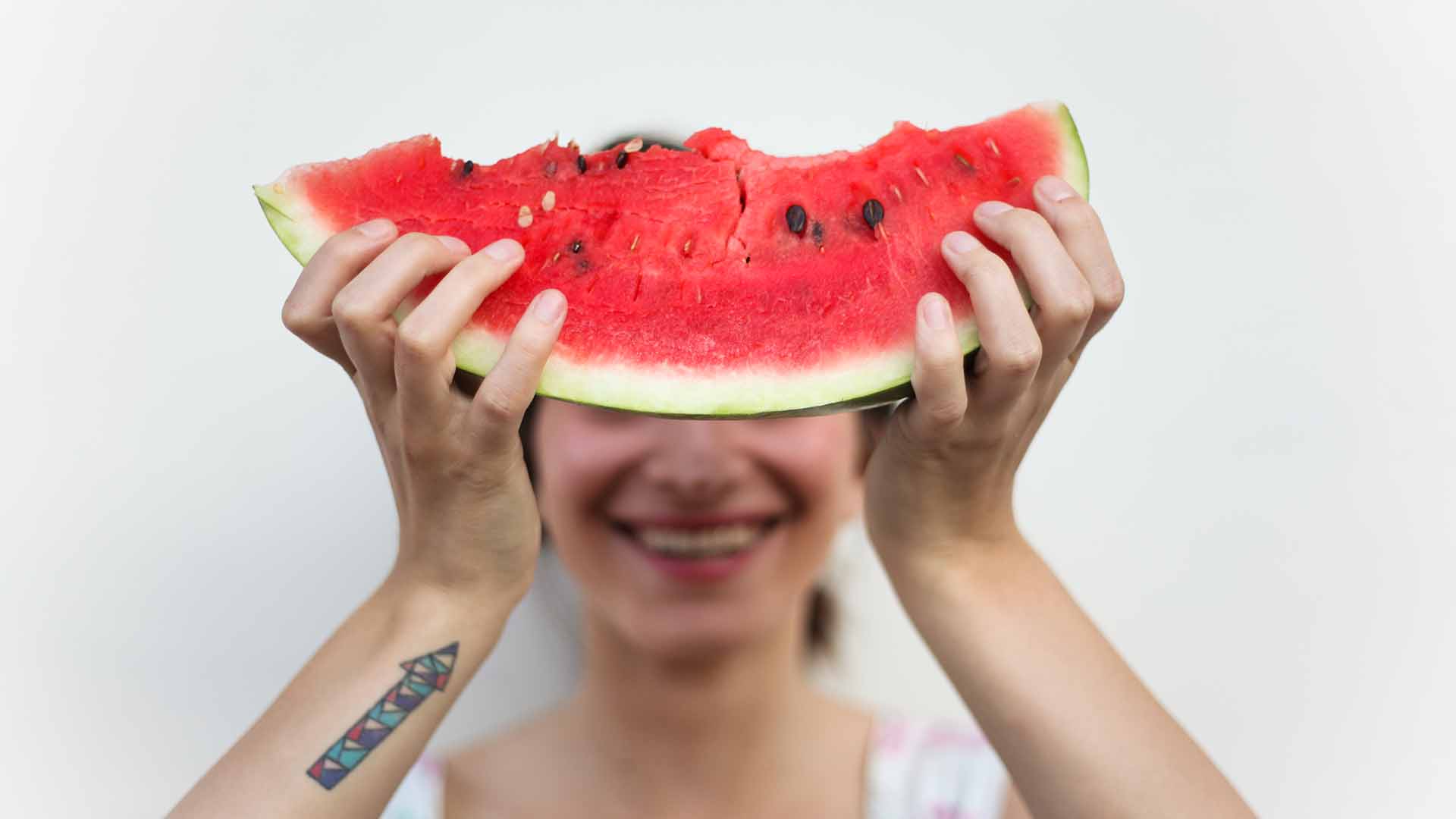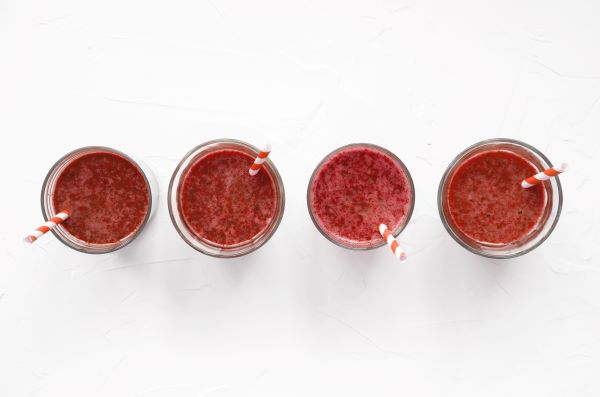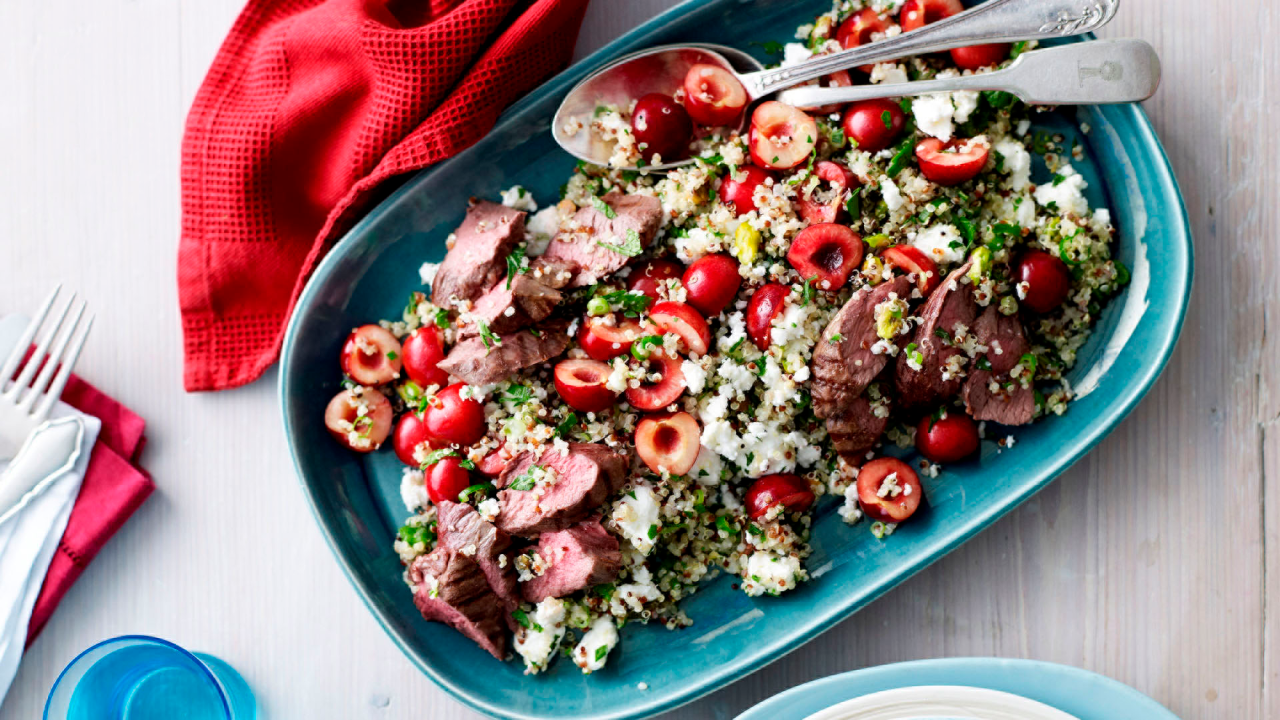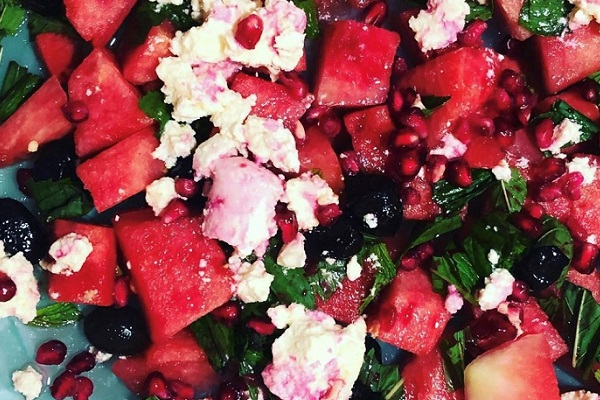-
When we're feeling sad, stressed or tired, it’s a natural impulse to reach for sweet treats or simple carbs to feel better. But what does this really do to our mood and energy levels?
Eating processed foods such as cakes, chips and lollies may make us feel good for a short time, but a lack of nutrients means they are broken down quickly in the body. This causes a spike in blood sugar levels – making us feel energised initially but then leaving us feeling tired and sluggish.
Feeling good comes from a diet that provides regular amounts of good quality carbohydrates to keep blood glucose levels stable. Carbohydrates include a wide range of foods which are digested into sugar (glucose). These provide energy for the body, which may be why we want to reach for them when feeling tired.
The best choices are slowly digested carbs which provide long lasting energy for the brain, like wholegrain breads, fruit and low fat dairy foods. If you don’t have enough carbohydrates to keep your body fuelled with glucose, you can feel tired and irritable.
Eating breakfast is a good way to kickstart healthy eating each day and reduce the likelihood of ‘sweet binges’ later in the day.
There are now plenty of studies that suggest eating more fruits and vegetables, or following a Mediterranean-style diet, may be beneficial for mental health. Why is this?
Eating healthy, whole foods like fruit and veggies, wholegrains, lean meat and seafood, and dairy foods means we’re more likely to meet our needs for vitamins, minerals, antioxidants and fibre, which impacts our gut and brain health.
The Mediterranean diet emphasises whole foods, is based on the five core food groups and has very little processed foods. As a rule, plenty of fruits and vegetables and wholegrain cereal foods, with some protein foods including oily fish, will support a good supply of nutrients for both good health and good mood – so this can be a useful eating pattern to undertake.
What is the link between gut health and mental wellbeing?
As more information about our gut health emerges, we are learning that our gut bacteria may also play a role in our mental health. Having a healthy gut microbiome and including gut friendly foods in our diet could play a key role in lowering stress and inflammation in the body, and in turn boost overall health. More research is needed on humans to confirm the links, but the signs are looking good.
Our gut bacteria respond according to the different food that we eat. Eat junk food, and you’re more likely to be feeding the bad bacteria in your gut. This may lead to poor health and possibly even chronic conditions that are related to depression.
Eating a diet rich in fermentable fibres (prebiotics) such as vegetables, fruit and whole grains, and fermented foods (probiotics) such as yoghurt, sauerkraut, kimchi, tempeh and kefir, will help feed and boost your good gut bacteria. This is more likely to help lower inflammation and the risk of chronic health conditions.
The good mood diet

-
To create a diet that boosts our mood, energy and vitality, what nutrients should we focus on?
When it comes down to it, overall diet quality is the key, rather than pin-pointing individual nutrients. However, there are a number of nutrients of interest when it comes to brain health and mood.
B vitamins
B vitamins, such as those found in whole grains, vegetables and lean meats, are involved in neuronal function and many processes in our brains. Pineapples are high in manganese and are a good source of vitamin B, C and folate. They have been positively linked to brain health.
Omega-3
This is a healthy fat often linked with good mood and brain health. It’s found in foods like extra virgin olive oil, oily fish and some nuts. Research suggests that omega-3 may help reduce the symptoms of depression, as it may make it easier for serotonin (the happy hormone) to pass through our brain and get to the cells associated with creating happy feelings.
Selenium
Selenium, found in Brazil nuts, meat, fish, seeds and wholemeal bread, can boost our levels of serotonin, and help elevate a low mood.
Tryptophan
Serotonin is made with an essential amino acid from the diet called tryptophan. This can be found in foods like tofu, cottage cheese, eggs, chicken, salmon, red meat, chickpeas, almonds and peanuts.
Resistant starch
As mentioned earlier, the gut appears integral to ensuring we have a good mood. There needs to be more research, but there is some strong emerging evidence.
Resistant starch is a type of fibre that ‘resists digestion’ and becomes available as food for our good gut bacteria. The bacteria turn it into short-chain fatty acids (SCFA), which are the main source of energy for the cells lining our colon. SCFAs help to maintain the integrity of the intestinal wall and give us energy to feel good.
Good food sources of resistant starch include green bananas, cooked and cooled potatoes, rice and pasta, legumes and oats. The cooking and cooling of starches makes the starch crystals become more resistant to digestion, nourishing the good bacteria.
-
5 reasons to get your blender out
Soups, smoothies, sauces and more. Here we pay homage to one of the kitchen's most versatile appliances: the blender.
-
10 healthy recipes to enjoy this festive season
Trying to be healthy during the festive season can be tough. We’ve rounded up 10 of our most delicious summer recipes for you to make it easier.
-
Grilled chicken with mango and avocado salsa recipe
The flavour of the mango, lime and coriander work perfectly together to add a taste of summer to any meal.
-
Watermelon, pomegranate and olive salad recipe
You’ll be pleasantly surprised how well these flavours work together. It’s a simple and refreshing salad that will soon become a summer favourite.
-
Mocktail recipes: Five of the best
The same great taste.
-
10 delicious, low-sugar desserts
Naturally sweet ingredients are great for desserts






